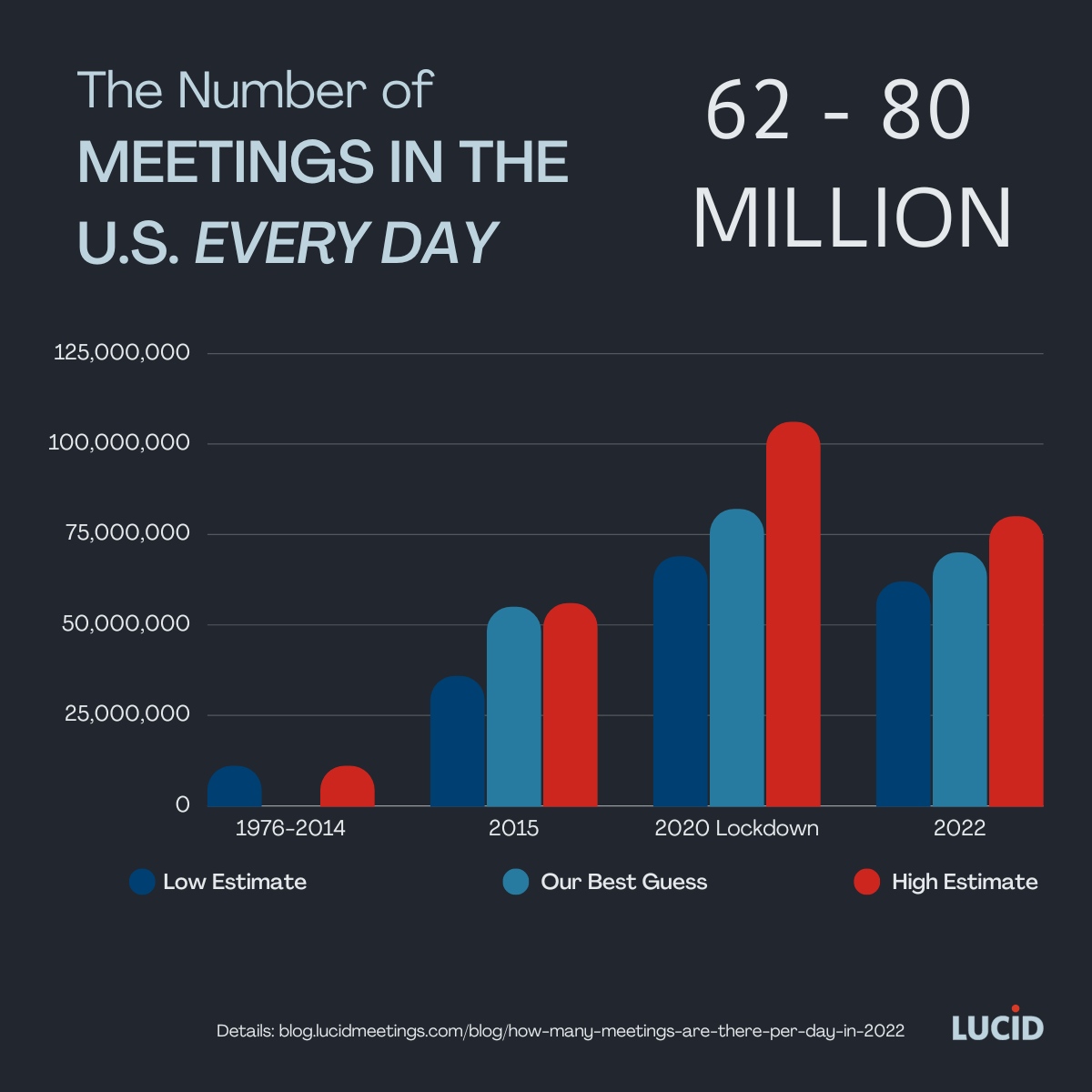Thank you note to the Oregon Ducks Football Team
Ok – I know I promised I’d write next about how to calculate the costs of time spent in meetings, but I felt this needed to be said before it was too late.
Dear Chip Kelly and the Oregon Ducks Rose Bowl Champion Football Team,
Thank you for helping me finally understand American football.
I’m not a natural sports fan. I enjoy playing ultimate frisbee, because I get to run around and can sometimes get my dog on my team. I like watching soccer games, but mostly because I live in Portland where the beer is good and the Timber’s Army keeps us entertained. But football… meh.
I was born and raised in Oregon. I grew up wearing Oregon Duck pajamas to bed as a child. My grandfather went dressed head to toe in Duck regalia to have his picture taken with Santa in his 94th year. My parents and my sister attended the University of Oregon, and I dated boys who played in the Duck marching band during college. As you might guess, I’ve seen a more than a few football games.
In middle school, I even ran the chains up and down the field, marking the line to the next down. And yet, I never truly understood what a “down” was, or why sometimes the other team would get the ball before the offense scored, or why the defense didn’t have to at least try to steal the ball first.
And now, thanks to your fast-paced Oregon Ducks offense, I totally get it. It’s really pretty simple. Football operates on a basic move-it-or-lose-it principle: if you don’t get the ball far enough down the field in 4 tries, you lose possession. Easy cheesy.
This got me to wondering – am I just thick? How did I shiver through that many games without ever noticing how the basic game mechanics worked? And while the answer may lie partly with some inherit thickness on my part, I realized that mostly I was just bored and distracted all those years, and frankly didn’t care enough to pay attention.
In the games I remember watching, there would be a flurry of activity followed by a bunch of chit chat, unnecessary patting, and milling about. Play would stop just long enough for me to survey the crowd, or check out the band, or get miserable about how cold I was – long enough that I lost the thread of the game. Big hits, touchdowns, and field goals registered, but the rest seemed like a lot of indistinguishable futzing about.
Not so this year with the Oregon Ducks football team. You guys don’t hold with any of that dilly dallying. At the finish of a play, you pick up the ball and start playing again. Decision, action, correction, decision, action – Bam! You keep the game moving, kept my attention, and suddenly I could see how the game works. I get why making a first down matters, and now cheer for more than just the touchdowns.
This is helping me in my professional life too. How did the Duck offense help me hold better business meetings, you wonder? Well, once I figured out why I suddenly understood football, all sorts of bells went off. I realized that many of the lackluster business projects I’d seen over the years suffered from the same problem all those old games had. The projects got too boring! Like most football teams, most business teams don’t focus on action and keeping the ball in play either.
Often project teams come together and make these bursts of progress, only to have it fizzle. Some people can remember the big picture (it’s about touchdowns, right?) but never the thread of the details. Others obsess about getting details of the moment nailed, but lose sight of the larger goal. Momentum flags, enthusiasm wanes, and the impetus to succeed bleeds away while people wait for the action to pick up.
Like the Oregon Ducks, a business team that comes prepared and meets regularly to decide, act, and move will succeed. Those that allow long gaps between joint activity, or those that spend more time discussing and debating rather than deciding and committing, lose the focus and energy of the group. The project gets boring.
Like it or not, most people have their own interests outside of their work projects, which makes them as easily distractible as a middle school girl at a football game. I know now, better than ever before, how very important it is to keep team meetings centered on decision, action, and moving quickly to the next milestone if I want to work with a group that stays focused and moving on to complete its goal.
So again, thank you Chip Kelly and the Oregon Ducks football team, for providing such a clear example of how engaging it can be when you just keep the ball moving. You’ve helped make both my business meetings and my afternoons spent watching football that much better.
Yours,
Elise



